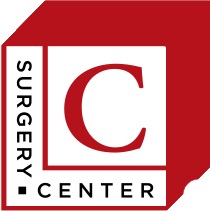Stevens-Johnson Syndrome
Overview
Stevens-Johnson Syndrome (SJS) is a rare, serious disorder of the skin and mucous membranes. SJS can cause serious eye problems, such as severe conjunctivitis; iritis, an inflammation inside the eye; corneal blisters and erosions; and corneal holes. In some cases it can lead to severe vision loss.
Warning Signs & Symptoms
Often, SJS begins with several days of flu-like symptoms, followed by inflammation of the mucous membranes and painful, blistery lesions on the skin and the mucous membranes of the mouth, throat, genital region and eyelids.
Treatment/Procedures
Treatment for the eye may include artificial tears, antibiotics or corticosteroids. In some cases, the ocular complications from SJS can be disabling and lead to severe vision loss, and a corneal transplant may be needed.
Prevention
It is not certain why SJS develops, so it is difficult to prevent an attack. It could be an adverse allergic drug reaction, which may not occur until seven to 10 days after first using the drug. SJS can also be preceded by a viral infection, such as herpes or the mumps, and their accompanying fever, sore throat and sluggishness.
Rehabilitation
If a corneal transplant is required, the patient must wear an eye patch for a certain period of time, which protects the new cornea from injury. Eye drops are required to prevent rejection of the transplant, and full vision recovery may take up to a year.
